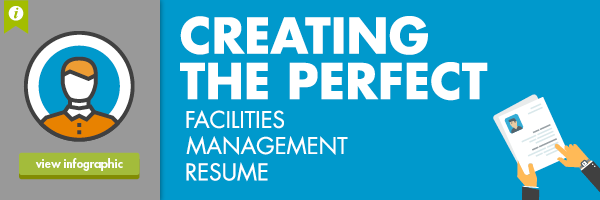The Case For Social In The Workplace


Nothing stirs up a debate quite like the discussion of what’s appropriate at work. Especially considering  the vast differences between the last three generations, there is bound to be some unequal expectations when it comes to how people should act and what’s considered allowed at work. Take social media for example. It’s a difficult area that often isn’t defined properly in many offices. Should it be allowed? Should it be monitored? Is this even a workplace issue? Yes to all three, and here’s why.
the vast differences between the last three generations, there is bound to be some unequal expectations when it comes to how people should act and what’s considered allowed at work. Take social media for example. It’s a difficult area that often isn’t defined properly in many offices. Should it be allowed? Should it be monitored? Is this even a workplace issue? Yes to all three, and here’s why.
Breaks Actually Increase Productivity
Not to compare Facebook too closely to the “smoke break”, but study after study show employees need time to check out – doing something they find relaxing. This isn’t new information, but why are some managers seeing it as being lazy as opposed to staying sane? According to DeskTime’s performance tracking study, the ideal time frame to reach highest productivity is working 52 minutes followed by a 17 minute break. Another study was done by Cornell University, and they found that when employees were “receiving alerts reminding them to stop working they were 13 percent more accurate on average in their work than coworkers who were not reminded.” The results from studies like these force us to acknowledge that the brain is a muscle, and can tire from over-flexing without given adequate time to repair itself.
Now, the difference between the generations in your workforce is what type of break they take. Your younger Millennials will certainly see time scrolling through Twitter as a “break” while a member of Generation X may want to go grab a snack and chat with a coworker. Either way, the important thing is they disconnect mentally from their work tasks, and redirect their attention to something rewarding.
Respecting Your Employees Self Discipline Increases Trust
You may not understand it, but social media is a form of many things for Millennials. It’s where they gather their news, last night’s sports update and even weather. It’s how they make plans with friends and communicate with distant family. It’s so much more than a way to waste time. It’s an all-in-one broadcast of the things they care about most. You wouldn’t get upset at a manager for reading the morning news when he comes into the office, using social at work responsibly can be viewed at as the same thing.
If you grant your employees the freedom of choice to engage in social responsibly while at work, you’re saying to them “I know you’re and adult, you can make your own decisions, and I trust you”.
Both the employee and the manager should have mutual understand of what should be getting done, and also an understanding of the appropriate amount of break time that is acceptable.
Giving this type of freedom can be scary, and there’s no guarantee it will go over well. However, if you’ve hired intelligent, mature individuals you shouldn’t have any problems. If you do, refer to the next paragraph.

Know When To Address An Issue
Hopefully 95% of your workforce is self-sufficient and mature enough to respect this type of freedom without abusing the privilege. However, there’s an exception to every rule and someone is just bound to push the boundaries. This is a case-by-case scenario, but when deadlines are missed or behavior becomes disruptive (interrupting people to show them something on Facebook) it’s time to have a talk. The beautiful thing about giving employees this freedom is you truly see what type of people you’ve hired. Which can be a good thing.
Give Guidelines Within Reason
Of course companies who have a large social presence and sensitive information must communicate expectations to employees. It’s important to decide early on if employees can reference their workplace while online or not. This is not a decision to ban social media at work or not, rather if talking about work on social media is allowed- a big difference. This is primarily a human resources topic, but it’s important for every department to fully understand the code of conduct. If you need help drafting a social media policy for your workplace, check out our blog here.
Do you have any suggestions when it comes to the tricky road of social media and the workplace? If so, we would love to hear them! Sound off in the comments below.
